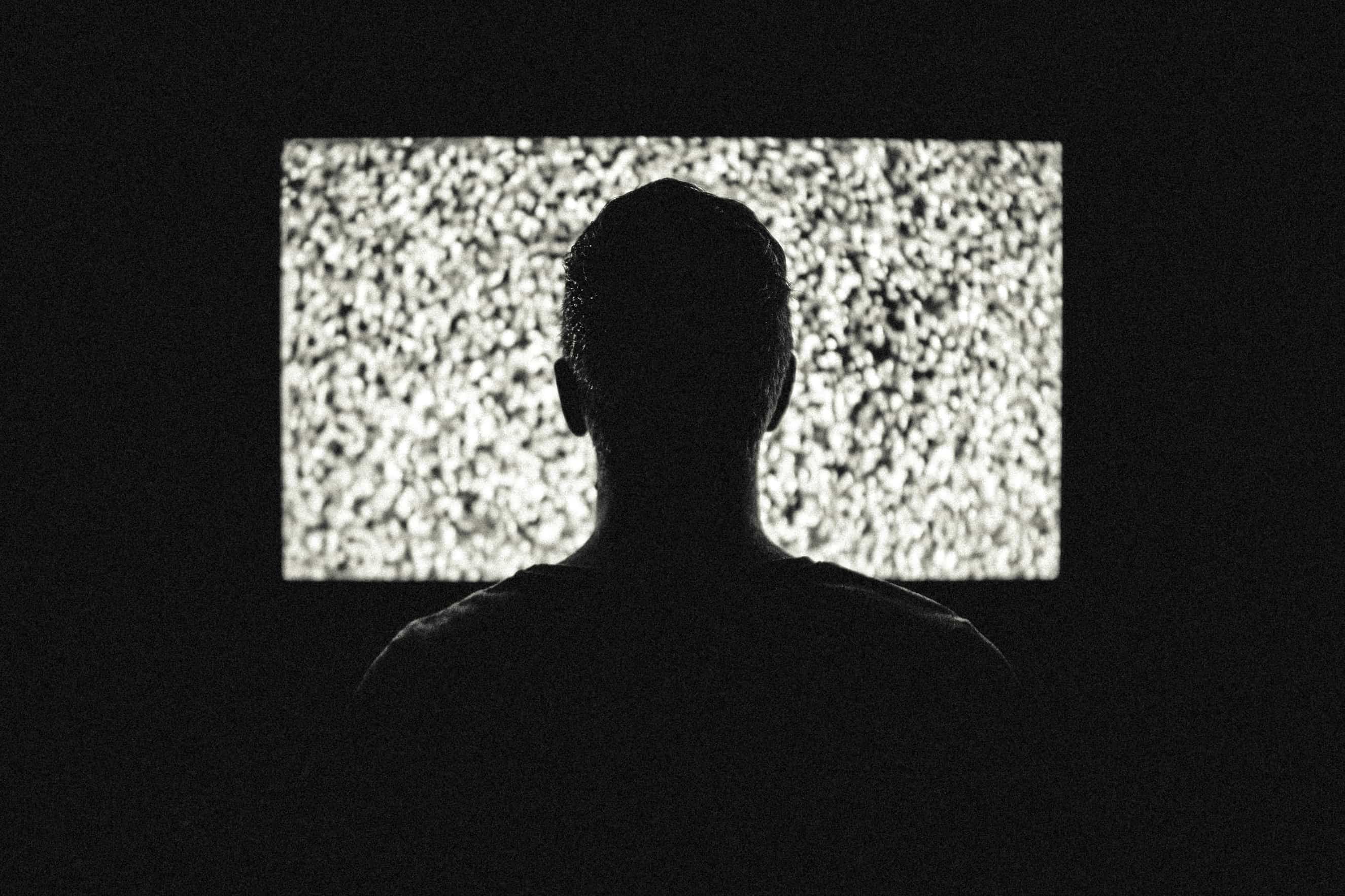Consumers on both sides of the party line are eager to see reform when it comes to broadband policy.
Internet issues like Net Neutrality and NSA surveillance have been hot topics throughout Barack Obama’s presidency, and whoever takes the White House next will have a huge effect on how those issues play out in the next four years.
Unfortunately, public statements from the candidates on Internet issues have been opaque at best.
Commentary on Net Neutrality hasn’t revealed much more about either party than a surprising lack of knowledge about the history of broadband regulation on both sides of the party line.
This has scary implications for consumers, with American broadband connectivity falling behind that of other developed nations — the cost of pricey, drawn-out partisan battles over what’s “best” for the economy in a clearly monopolized broadband marketplace.
Share with your friends
Party Lines
We’ve collected statements on Internet and tech issues from all the current frontrunners to create as clear a picture as possible of who stands for what in Washington. Here’s a quick overview of how the issues fall in terms of party lines:
Net Neutrality: Democrats support it, Republicans oppose it.
FCC regulation: Democrats want more, Republicans want less.
Municipal Broadband: Democrats support FCC action to support it, Republicans oppose FCC action on the grounds of state rights.
NSA Surveillance: The question of the NSA is slightly less predictable, and thus more interesting: democrats seek reform across the board, while republicans are split on the issue. Bush, Rubio, Christie and others adamantly defend the NSA as a necessary tool in the fight against terrorism. Meanwhile, Paul and Cruz have fought a vocal battle against NSA surveillance in the senate as a violation of the fourth amendment.
Disclaimer: our goal in this article is not to convince you of a particular political stance. We believe that the biggest problem facing Internet access is a lack of education among candidates on both sides.
Where Each Candidates Stand
- Hillary Clinton
- Bernie Sanders
- Martin O’Malley
- Jeb Bush
- Ben Carson
- Chris Christie
- Ted Cruz
- Carly Fiorina
- Jim Gilmore
- Lindsey Graham
- Mike Huckabee
- John Kasich
- George Pataki
- Rand Paul
- Marco Rubio
- Rick Santorum
- Donald Trump
Democratic candidates
Hillary Clinton, (D)
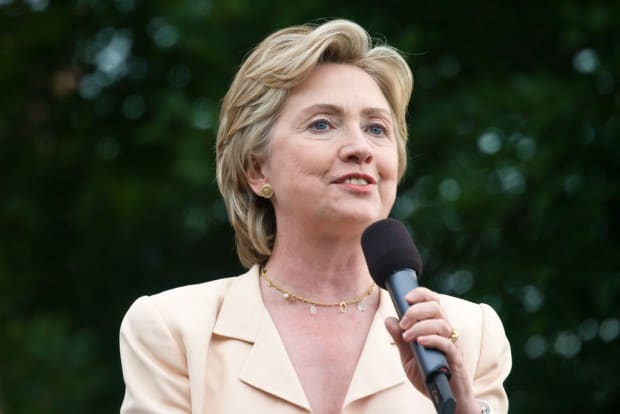
Clinton supports net neutrality, and although she hasn’t provided specifics about how it will be implemented her campaign website includes a briefing on her plans for a “vibrant rural America” that includes “…increasing access and adoption of high-speed broadband so that rural small businesses can better connect to the global economy, farmers and ranchers can benefit from agricultural technology, and students can benefit from distance learning.”
The former Secretary of State has indicated support of Title II regulation, albeit with some reservations. When it comes to NSA surveillance, Clinton’s stance has been almost willfully obscured. In an interview with Kara Swishers she stated that she felt the NSA should be more transparent, but didn’t make it clear whether she would shut down, expand, or let it be.
Bernie Sanders, (D)
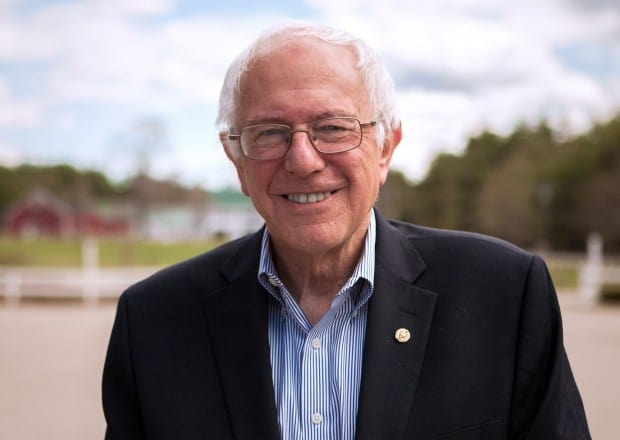
Sanders would expand FCC regulation of broadband, and he supports its classification as a utility. In a letter to FCC chairman Tom Wheeler he pushed for a ruling in favor of net neutrality, saying “[i]t is time for you to stand up to the army of Comcast and Verizon lobbyists and institute strong rules to ensure net neutrality.” He voted for Net Neutrality in 2006, and voted in favor of authorizing states to collect Internet sales taxes in 2013.
It is worth noting that few candidates have addressed the aggressive ISP lobbying again not just Net Neutrality but also state-level projects like municipal broadband.
Martin O’Malley, (D)
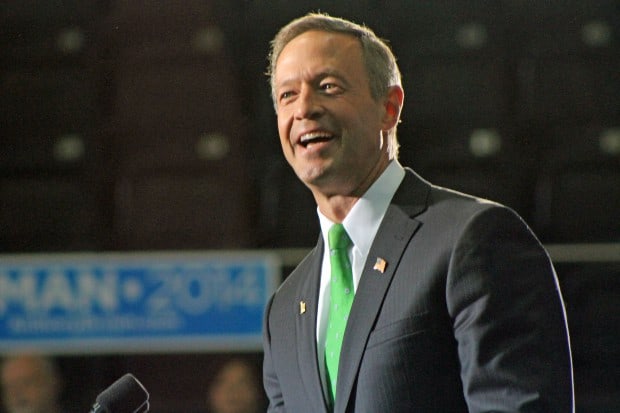
Martin O’Malley supports net neutrality and would carry on a strategy similar to that of Obama’s when it comes to Net Neutrality. A post on his Facebook page reads: “I agree with President Obama’s Net Neutrality approach. We shouldn’t have gatekeepers picking winners & losers online.”
O’Malley differs strongly from Obama, however, when it comes to questioning the NSA surveillance programs. He was a vocal critic of the USA Freedom Act, saying it didn’t go far enough to protect our fourth amendment rights.
Republican candidates
Jeb Bush, (R)
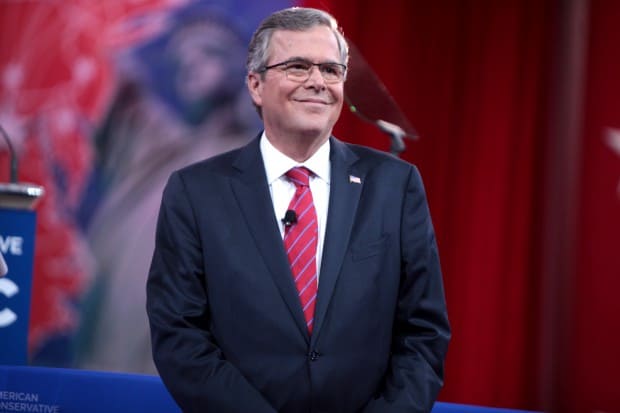
A Bush presidency would pretty much send us down the reverse path from the Internet reforms enacted under Obama’s oversight. Bush spells out his intention to repeal Net Neutrality in no uncertain words on his website, citing government regulations in general as expensive taxpayer burdens. He promises to scale back the FCC’s role in the Internet in a big way, saying that “These rules prohibit one group of companies (ISPs) from charging another group of companies (content companies) the full cost for using their services.”
When it comes to the NSA his stance is no less clear:
The National Security Agency and Cyber Command are on the frontlines of defending the United States against cyberthreats. We must stop demonizing these quiet intelligence professionals and start giving them the tools they need.
Ben Carson, (R)
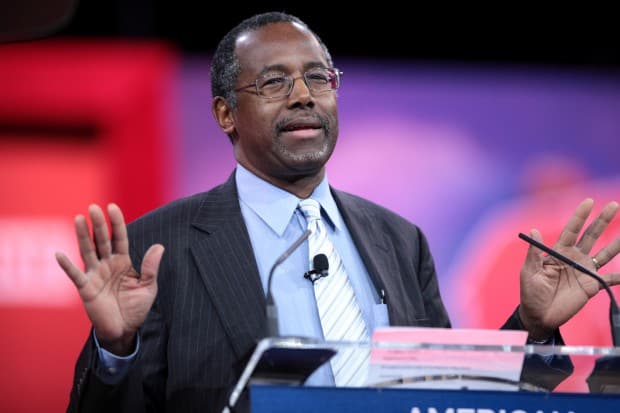
Carson has predictably been staunchly against Net Neutrality, saying it’s just another layer of unnecessary government control.
Carson deviates from the Republican standard on surveillance issues. He has indicated that he agrees with the court ruling that NSA spying program was an infringement of Americans’ fourth amendment rights, and maintains a stance that law enforcement can quickly and easily attain warrants for tracking suspicious individuals. In an interesting segment on Fox News, Carson declined to identify NSA whistleblower Edward Snowden as a traitor, diverting the conversation to a suggestion that we should be making it possible for other individuals with classified information to have “legitimate ways” to release that information.
Chris Christie, (R)
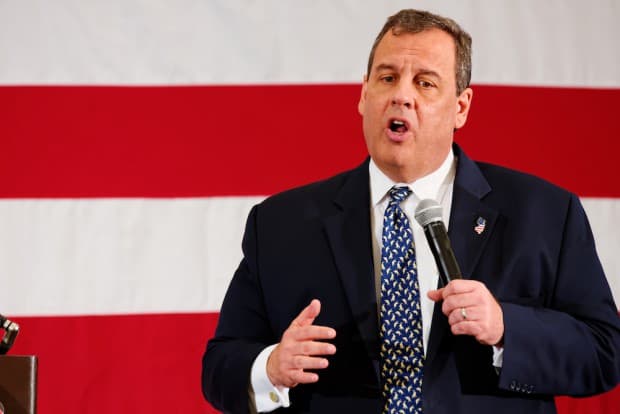
In the August Republican Debate, Christie argued in favor of expanding the NSA, citing his involvement in 9/11 as US Attorney under George Bush as inspiring his commitment to continue combating terrorism. While his stance on Net Neutrality and Broadband regulation is tricky to gauge at this point, the “Bridgegate” scandal has understandably lowered voter confidence in his management of infrastructure.
Ted Cruz, (R)
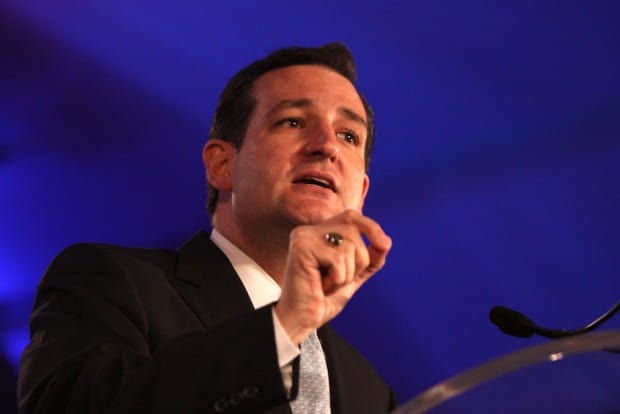
Cruz holds a strongly anti-Net Neutrality stance. This tweet from his official Twitter account says it all:
“Net Neutrality” is Obamacare for the Internet; the Internet should not operate at the speed of government.
— Senator Ted Cruz (@SenTedCruz) November 10, 2014
Cruz has historically been a skeptic about the NSA. He voted in favor of the USA Freedom Act, an NSA reform bill.
Carly Fiorina, (R)
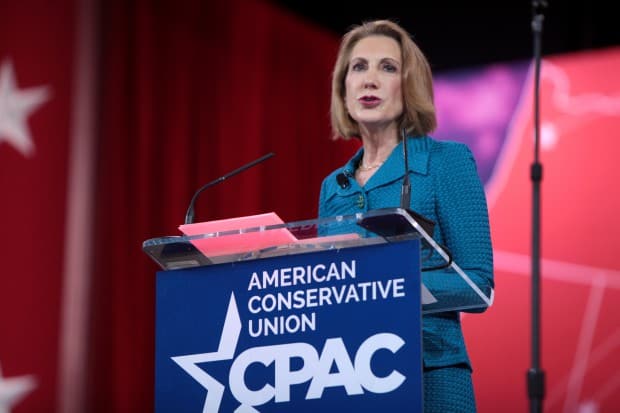
While some candidates remain iffy on Internet issues, Fiorina has drawn on her background in tech as CEO of Hewlett-Packard and various high-level positions at AT&T before that to make Internet issues a larger part of her campaign platform. In an opinion piece for CNN, she wrote: “Title II regulation gives the Federal Communications Commission nearly unlimited authority to micromanage how, when and where Internet companies innovate.” What the innovation areas are, and whether “Internet companies” refers to ISPs, content companies, or startups, was not established. During her time at HP, Fiorina actively participated in the NSA’s “stellar wind” program, handing over several tractor-trailer loads of HP servers to then-director Michael Hayden. “I felt it was my duty to help, and so we did,” Fiorina said. “They were ramping up a whole set of programs and needed a lot of data crunching capability to try and monitor a whole set of threats. …What I knew at the time was our nation had been attacked.” Fiorina has since suggested a need for increased transparency in NSA programs.
Jim Gilmore, (R)
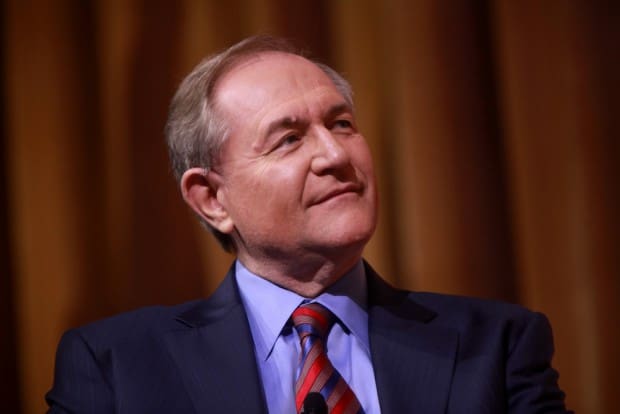
Gilmore’s views on net neutrality have been vague at best. Gilmore suggested support for the NSA in a piece for the Washington Times, writing: “America must never make the mistake of sacrificing liberty for security. However, an equally severe mistake would be to give up the ability to track the enemy because of a fear of government. This duality of purpose demands oversight, not dismantling.” Gilmore worked against taxing Internet commerce while chairman of the Advisory Commission on Electronic Commerce in 1999.
Lindsey Graham, (R)
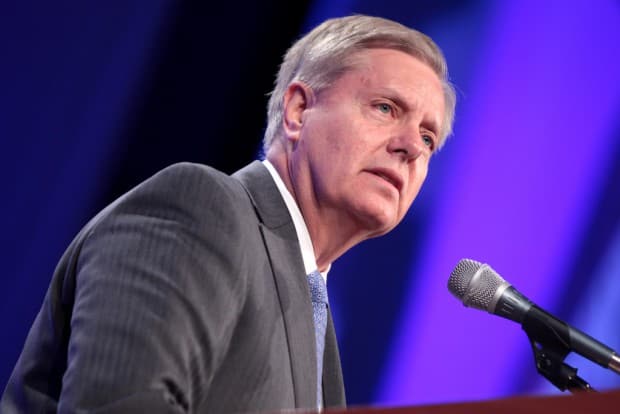
Graham’s stance on tech issues as a whole in the 2016 race is unclear. He voted to overturn net neutrality in 2011, suggesting that he would hold a standard Republican approach to the issues. Graham has identified homegrown terrorism as a big concern in his campaign, stating that he is “glad” the NSA monitored phone and Internet records post–9/11. In 2005, he voted for a bill that would prohibit state law from blocking municipal broadband initiatives, the opposite of current Republican majority stances on the municipal broadband issue. While other candidates have tried to highlight their involvement in tech, however tenuous, Graham not only shies away from social media but claims to have never even sent an email. “I don’t email,” remarks Graham, before going on to add: “… I’ve never sent one.”
Mike Huckabee, (R)
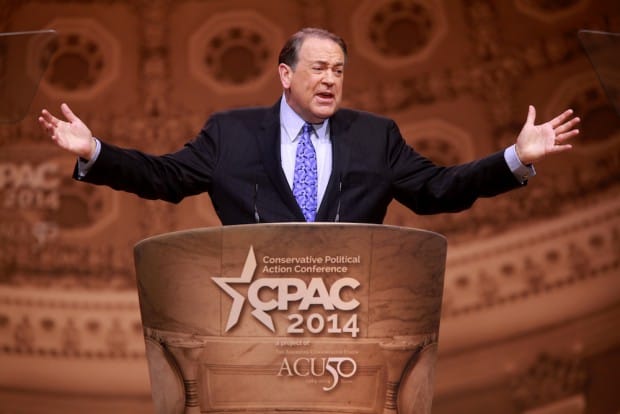
Huckabee speaks out vehemently against NSA surveillance on his Facebook page, even going so far as to criticize the Obama administration for failing to protect whistleblowers like Snowden. Huckabee’s views on Net Neutrality and other issues pertinent to a hypothetical broadband plan are unclear. In a 2007 interview he suggested openness to the idea, stating that “in many ways we can look at the Internet kinda like we do an Interstate highway. Everybody has a right to get on that highway.”
John Kasich, (R)
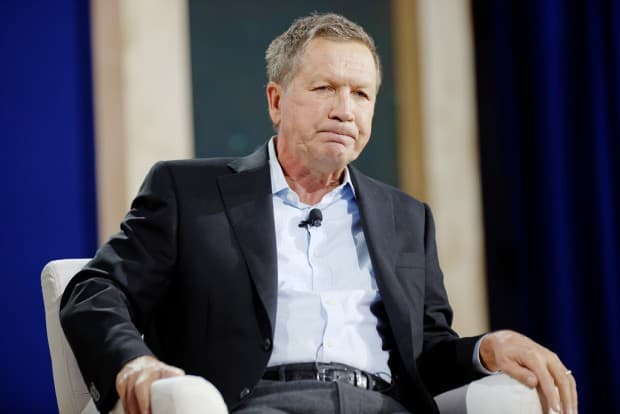
Kasich’s plans for broadband are, to date, unclear. He approved a provision this summer that allows phone companies to cancel landline service, although he had threatened to veto a similar provision to the state budget in 2014.
George Pataki, (R)
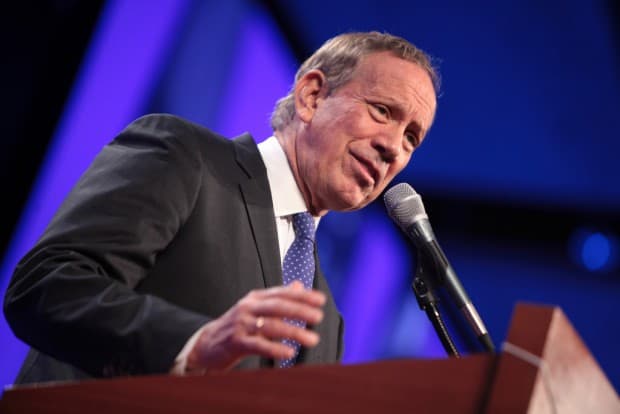
Against Net Neutrality, for NSA. In an interview at the Ag Summit, Pataki stated “…We’re going to take something where no one complains, where it’s a perfectly good system, and have government regulators come in and treat it as a utility, I think it’s utterly ridiculous” When NSA whistleblower Edward Snowden joined Twitter, Pataki got a lot of press for demanding that he be banned.
Rand Paul, (R)
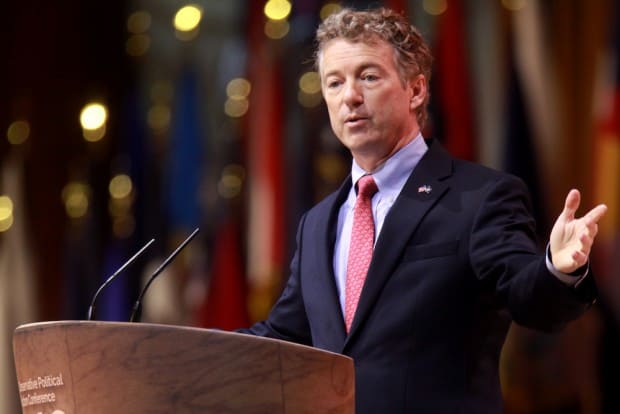 Paul is among a small group of Republicans who’ve reacted to the NSA leak with even more outrage than Democrats, even going so far as to vote against the USA Freedom Act because it didn’t go far enough in cutting back surveillance.
In an article written for Time, Paul stated: “I sponsored the Fourth Amendment Preservation and Protection Act to block federal, state and local governments obtaining information on individuals or groups of individuals held by a third party in a system of records without a warrant. Congress should pass this bill immediately.”
He toes the party line on Net Neutrality though, and if elected would do everything in his power to scale it back.
Paul is among a small group of Republicans who’ve reacted to the NSA leak with even more outrage than Democrats, even going so far as to vote against the USA Freedom Act because it didn’t go far enough in cutting back surveillance.
In an article written for Time, Paul stated: “I sponsored the Fourth Amendment Preservation and Protection Act to block federal, state and local governments obtaining information on individuals or groups of individuals held by a third party in a system of records without a warrant. Congress should pass this bill immediately.”
He toes the party line on Net Neutrality though, and if elected would do everything in his power to scale it back.
Marco Rubio, (R)
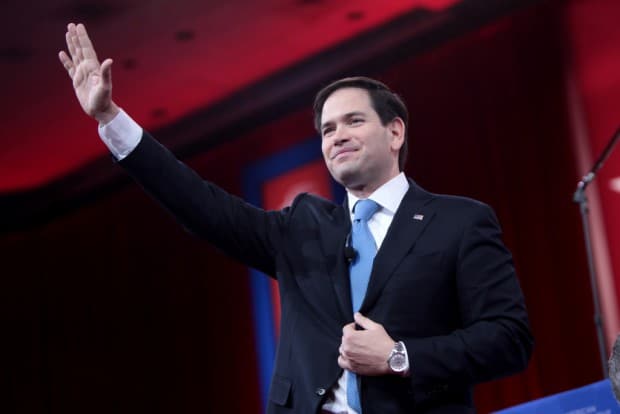
Against Net Neutrality. In an opinion piece for Politico, Rubio wrote: “the issue of ISPs creating different speed lanes is not the injustice that it is made out to be.” Meanwhile, Rubio plans to extend the NSA, and has supported the growth of NSA programs elsewhere in his political career. In an op-ed for Fox News he wrote:
This year, a new Republican majority in both houses of Congress will have to extend current authorities under the Foreign Intelligence Surveillance Act, and I urge my colleagues to consider a permanent extension of the counterterrorism tools our intelligence community relies on to keep the American people safe.
Rick Santorum, (R)
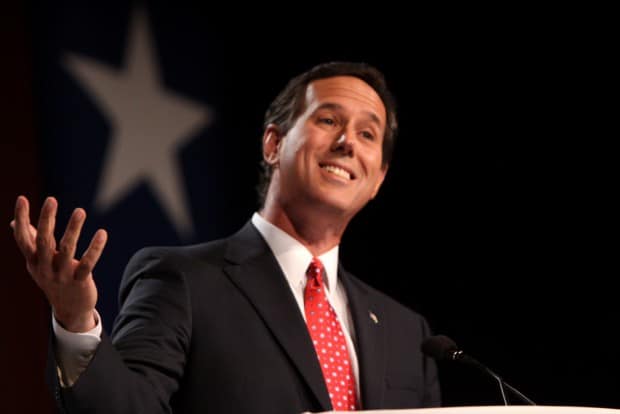
Santorum appears to not yet maintain a public stance on net neutrality, but since he voted for the Telecommunications Act of 1996 (when Internet became deregulated in the first place) it’s fair to say he’s probably against it. In regards to NSA, He stated support for the Patriot Act, saying he would vote for it again if necessary.
Donald Trump, R
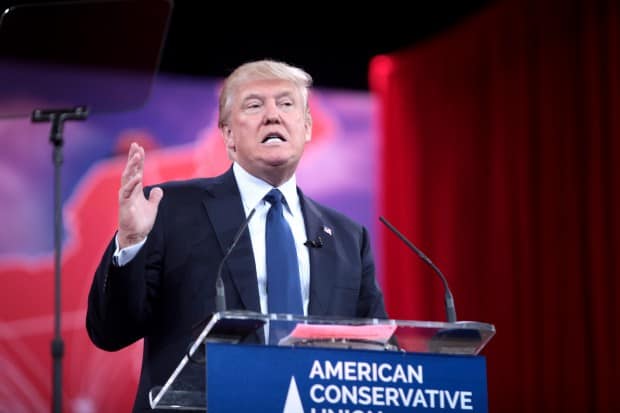
If Obama’s for it, Trump’s against it. And vice-versa.
Obama’s attack on the Internet is another top down power grab. Net neutrality is the Fairness Doctrine. Will target conservative media. — Donald J. Trump (@realDonaldTrump) November 12, 2014
On a more serious note, Trump presents NSA surveillance as being absolutely necessary for national security.
The problem: candidates don’t “get” the Internet
The biggest problem evident watching the debates has been how so few of the candidates seem to really understand how the Internet works.
Carson, for example, references the FCC regulations as being “another level of secrecy and control in the private lives of citizens.” Regardless of whether you agree with the FCC, the regulations aren’t pointed at citizens, and they have nothing to do with privacy — they’re pointed at ISPs, and they’re about regulating the market.
Ted Cruz, meanwhile, unsatisfied with the flood of angry comments from his supporters when he described Net Neutrality as “Obamacare for the internet” on social media, went on to write an opinion piece for the Washington Post with a particularly confusing thesis on Net Neutrality:
It [Net Neutrality] would put the government in charge of determining Internet pricing, terms of service and what types of products and services can be delivered, leading to fewer choices, fewer opportunities and higher prices.
Like many candidates, Cruz seems to suggest that Net Neutrality somehow regulates the services that come over the Internet, not the “pipe” itself. How does eliminating fast lanes limit what “types of products and services” can be delivered via the Internet? Remember that it’s the ISPs — not the startups — who have been lobbying against Net Neutrality.
The situation isn’t much better on the Democratic side of the line, with Clinton side-stepping the issue whenever it comes up, as in the Kara Swishers interview discussed above. Considering that Comcast recently held a $2,700-per-plate fundraising dinner for Hillary’s campaign, consumers are reasonably suspicious about whose interests she has in mind.
Regulating the Internet isn’t a new idea
While candidates are approaching the Internet as a wild west of market deregulation, it’s interesting to look back and remember that the Internet was originally regulated under title II since it was delivered via phone lines. In fact, it was only deregulated in 2002 under the Bush administration. Deregulation as Internet took to the cable lines was essentially an experiment meant to encourage competition; an experiment that backfired as cable companies continued to rise prices, stall infrastructure and continue merging towards a monopoly. (See: Times Warner / Comcast merger near miss, and the Time Warner, Charter, and Bright House merger on the way.)
So, the notion that the Internet has benefited from a history of deregulation is largely a myth, since the golden years of the dot-com growth spurt actually took place in an infrastructure that treated Internet as a public utility. In fact, services like Verizon’s FiOS have operated under title II all along, coasting on government incentives.
What’s really discouraging is the fact that we’ve been seeing a slide towards monopoly among ISPs since the Internet’s birth, suggesting that politicians need to take more direct action beyond the regulatory band-aids which have so far failed to solve the problem on a national level.
While candidates remain split, taxpayers on both sides overwhelmingly disapprove of Internet fast lanes
A 2014 study from University of Delaware found that 85% or Republicans and 81% of Democrats were opposed to Internet fast lanes. So if Republican voters are overwhelmingly invested in an open Internet, why are the Republican candidates overwhelmingly against it? The numbers just don’t add up, suggesting that the candidates simply don’t understand what’s at stake, allowing the issue to boil down to reacting against anything associated with Obama.
tl;dr
The debate boils down to who you trust to keep the ISP marketplace from becoming completely monopolized: the ISPs currently dominating the market, or federal regulation via the FCC.
Republicans want us to trust the ISPs that dominate the free market; Democrats want us to trust the same government that secretly spied on us under the Patriot Act. Neither situation, honestly, sounds ideal.
With so many candidates promising to revoke Net Neutrality, consumers will have to make tough calls while deciding where to place their votes on the Internet issue.
